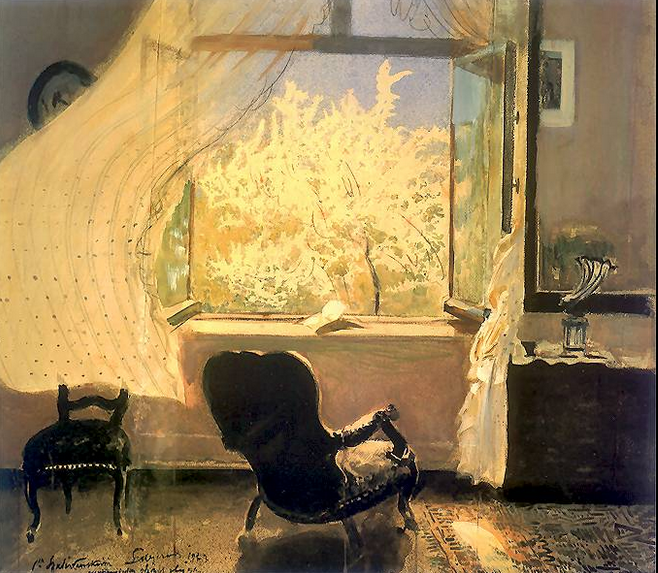Thinking About the Preciousness of Human Life

The kind of meditation I’m most familiar with (mostly from hearing about it and only a bit from experience) is meditation that focuses attention on a single object—like the breath—or that focuses on one’s thoughts or experiences, such as in mindfulness meditation. But when Matthieu Ricard finally turns to actual suggested meditations, in his fourth chapter, “Turning the Mind Toward Meditation,” he doesn’t start with either concentration meditation or mindfulness. Instead, he begins with four meditations that will, themselves, he suggests, “strengthen your determination to meditate.”
Some teachers, I believe, would categorize these four meditations under analytical meditation because they involve thinking about things and trying to analyze them and apply them to our lives.
I used to think meditation involved trying not to think—or only trying to think exclusively about one word or object—but it turns out I was wrong. And in fact, it’s these more analytical meditations that seem like they could potentially have a closer connection to the act of writing than say concentration meditation or meditation that focuses on the breath.
Here is the first of the four meditations: On the Preciousness of Human Life
Realize how precious human life is and arouse a deep wish to draw out its quintessential qualities. Unlike the life of animals, human life offers an extraordinary opportunity to accomplish good things on a scale beyond that of your own personal experience. Your human intelligence is an extremely powerful tool that can create either great benefits or horrible disasters. Use it to achieve the gradual elimination of suffering and to discover genuine happiness, not only for yourself but also for those around you. In this way, every moment that passes will be worth living and you will have no regrets at the time of death, like a farmer who has cultivated his fields to the best of his ability. Remain for a few moments in the state of profound appreciation aroused by these contemplations.
If this were a poem I would be most drawn to the image of the farmer cultivating his fields to the best of his ability. Not wasting any of it—not the fields or the time.
And not having regrets at the time of death.
If this were a poem I would also notice what it’s not saying—that it’s not locating the preciousness, for instance, in any particular experience of the world, no matter how lovely. That he’s suggesting that it’s not what we experience that makes life precious but that it’s the opportunity to create benefit that’s precious. This opportunity to cultivate our fields—whatever those are—to the best of our ability. This opportunity to use our intelligence to gradually eliminate suffering.
I’ve been sitting here for a while thinking about what that means—what it could mean—to use this life well enough to not have any regrets at the time of death—to keep remembering, in spite of whatever arises, that this life is a precious opportunity—and finite. I’ve been trying to think how it might happen that these words of Ricard’s might become something more than mere words flowing past me while I remain unchanged, with the same old configuration of thoughts as before.
I’m beginning to think that’s what meditation might be—or one kind of meditation—thinking deeply about something in the silence–letting new words and thoughts actually sink in and begin to take the place of old thoughts. Or letting new thoughts combine in some way with old thoughts. Or get questioned and pulled and tugged by old thoughts–or the other way around, the new thoughts doing the tugging and pulling. This kind of meditation like reading a poem in a deep state of concentration and feeling something shift inside.
A new thought: yes, life really is precious and transient. It’s a window of opportunity. It won’t last forever.
As if this were one thought in a crowd of thoughts—perhaps not entirely new—but called out of the crowd again in a new way—the light shining on it—and the thought getting a little stronger. And then leading to a next thought: if this is true, then what?
___________________________________________________________________________
The book, Why Meditate?, can be found here.
You can learn more about Matthieu Ricard and his work at matthieuricard.org and at karuna-shechen.org
The photo is of a painting by Leon Wyczółkowski, painted in 1933, and found at Wikimedia Commons
